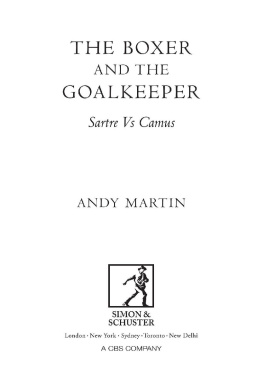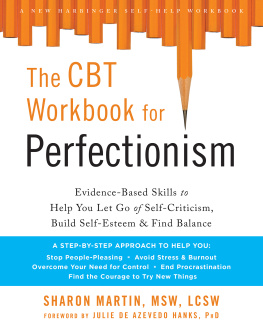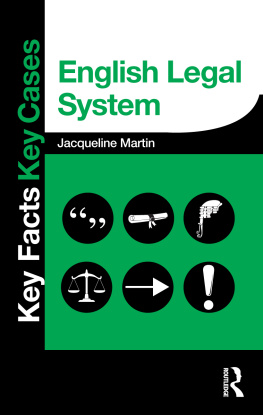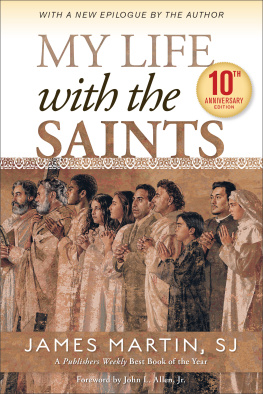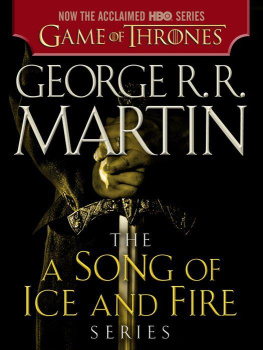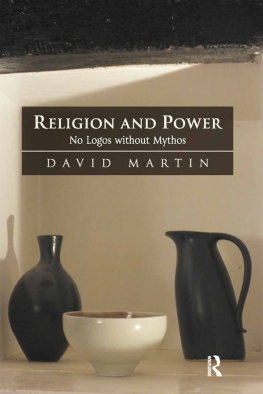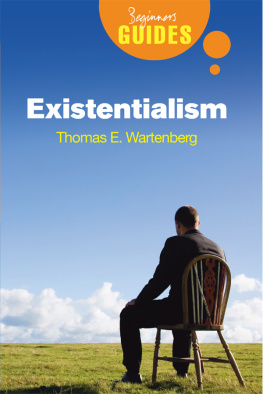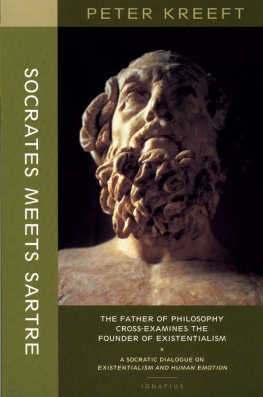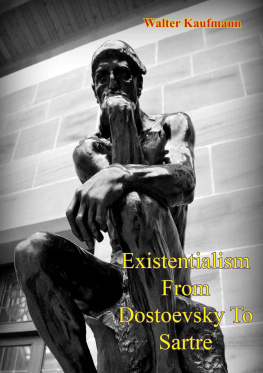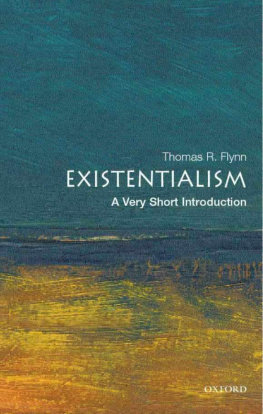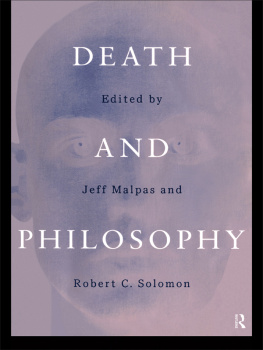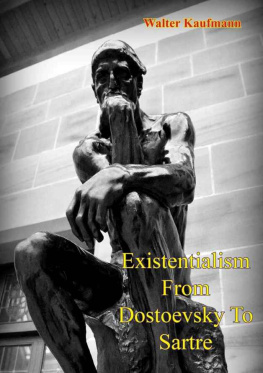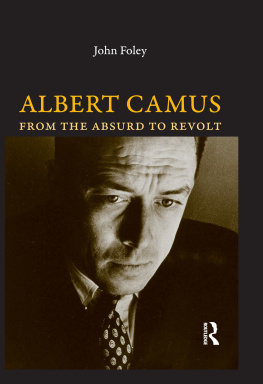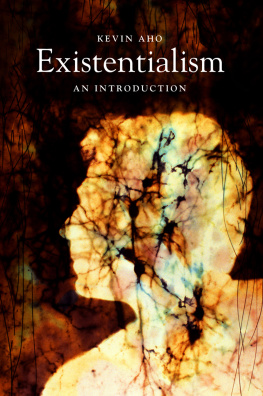Martin - The Boxer & the Goal Keeper: Sartre Versus Camus
Here you can read online Martin - The Boxer & the Goal Keeper: Sartre Versus Camus full text of the book (entire story) in english for free. Download pdf and epub, get meaning, cover and reviews about this ebook. year: 2012, publisher: Simon & Schuster, genre: Art. Description of the work, (preface) as well as reviews are available. Best literature library LitArk.com created for fans of good reading and offers a wide selection of genres:
Romance novel
Science fiction
Adventure
Detective
Science
History
Home and family
Prose
Art
Politics
Computer
Non-fiction
Religion
Business
Children
Humor
Choose a favorite category and find really read worthwhile books. Enjoy immersion in the world of imagination, feel the emotions of the characters or learn something new for yourself, make an fascinating discovery.
The Boxer & the Goal Keeper: Sartre Versus Camus: summary, description and annotation
We offer to read an annotation, description, summary or preface (depends on what the author of the book "The Boxer & the Goal Keeper: Sartre Versus Camus" wrote himself). If you haven't found the necessary information about the book — write in the comments, we will try to find it.
The Boxer & the Goal Keeper: Sartre Versus Camus — read online for free the complete book (whole text) full work
Below is the text of the book, divided by pages. System saving the place of the last page read, allows you to conveniently read the book "The Boxer & the Goal Keeper: Sartre Versus Camus" online for free, without having to search again every time where you left off. Put a bookmark, and you can go to the page where you finished reading at any time.
Font size:
Interval:
Bookmark:


First published in Great Britain in 2012 by Simon & Schuster UK Ltd
A CBS COMPANY
Copyright 2012 by Andy Martin
This book is copyright under the Berne Convention.
No reproduction without permission.
All rights reserved.
The right of Andy Martin to be identified as the author of this work has been asserted by him in accordance with sections 77 and 78 of the Copyright, Designs and Patents Act, 1988.
Simon & Schuster UK Ltd
1st Floor
222 Grays Inn Road
London WC1X 8HB
www.simonandschuster.co.uk
Simon & Schuster Australia, Sydney
Simon & Schuster India, New Delhi
A CIP catalogue copy for this book is available from the British Library.
ISBN: 978-1-84737-417-2
eBook ISBN: 978-1-84983-588-6
Typeset by M Rules
Printed and bound by CPI Group (UK) Ltd, Croydon, CR0 4YY
For a binary praxis of non-antagonistic reciprocity
A binary praxis of antagonistic reciprocity
JEAN-PAUL SARTRE
The tragedy is not being alone, but rather not being alone
ALBERT CAMUS
Contents
F OR A LONG WHILE I fully expected that this massive illusion would come to an end and everyone else in the world would just disappear, give up the ghost, and leave me all alone to play with the cars and planes and trains. (Quite how all the cars and trains and planes came to be there in the first place, without the existence of other people, did not give me serious pause.)
On the whole I thought this great vanishing trick would be a good thing. (At other times I would wake up in a cold sweat. Has everybody gone? Come back!Which they duly did.) A few practical details remained unclear. Sometimes I wondered what would become of their shoes and socks when all these plausible simulacra faded away if they would just be left there, vast piles of shoes on every street corner, or if they too would disappear back into the void along with the people wearing them.
And yet, inexplicably, other people remained stubbornly there. But what were they all doing? What was the point of other people exactly? Perhaps a giant wave would sweep up the Thames and carry them all off, leaving me alone on top of a mountain somewhere. It took a few egocentric years before I started to wonder if, on the contrary, I was the illusion. What if, after all, they are real and I do not exist? I started to feel that I was not altogether palpably, tangibly, incontrovertibly, there. They were there. They were real, I was the ghost: an invisible man among the masses. Perhaps everything was a dream and I (or they) would eventually wake up and all would be revealed.
It was in the midst of this state of confusion that I entered the bookshop.
It was a small family bookshop, on a peaceful back street in a small town on the fringes of London, close to my school, run by real human beings, the kind that doesnt exist so much now. Like something out of Dickens. I treated it as my own personal library, and I would sit there for hours on end, often on the floor, usually not buying anything, then walk out. I loved that bookshop, but I still rue the day I first went in there.

I had a particular soft spot for the foreign-languages section down in the basement. It was like going somewhere far away, but without having to go to the trouble of getting on a boat or a plane like a foreign land in itself, reassuringly other, strange, barely comprehensible. On this particular day, around the sixteenth year of the life I thought of as a dream or a prolonged hallucination, I went down to the basement. There was no one else around; I had it all to myself. For some reason I pulled the fattest book I could find off the shelf and sat down on the floor with it. It was a big book but the print was small. There were so many words and names in there I had never come across before. But there was a special kind of music to it that instantly played in my head. It sounded to me like a remix of 21st Century Schizoid Man and Je taime . moi non plus. I had an irresistible feeling of dj vu.
This book changed my life (whether it ruined it or redeemed it, I am still not sure). I couldnt understand too much of it, and not just because it was in French, but I felt as if it could understand me. At some visceral level we spoke the same language. Up until that point I had been a generally law-abiding citizen. Suddenly, stealing a book began to seem like not only a subversive, quasi-revolutionary act of some sort but also a way of rectifying matters, correcting some original, unspecified injustice. Like standing on the barricades in 68 and throwing a Molotov cocktail.

Not long before like everyone at one time or another I had been stood up. Waited for a girl to turn up at a local coffee shop, only she didnt. Her name was Sylvie. Then, riffling through the pages of Being and Nothingness, I read this, with an electrifying feeling of identification.
I have a rendezvous with Sylvie at 4 oclock.
Rereading it now (p. 43) I see that the author wrote Pierre, but I am sure that I read Sylvie. And, look, this was surely my caf too, replete with customers, tables, booths, mirrors, light, smoky atmosphere, the sound of voices, the clinking of saucers, footsteps. All in all, yes, a plenitude of being. That was the mot juste. And yet, when he looks for the face of Pierre/Sylvie and doesnt find it, absence haunts the caf. Sartres nothingness was my nothingness. All this sound, the people, the food, the coffee: it was all subtly permeated, perfumed, with the vacancy, the lack, that was Sylvie. And her absence was in some way a commentary on his. It was obvious that the relationship with Sylvie was not going to work out too well, but if I didnt have Sylvie at least I had Sartre. Maybe he was more my type anyway. He made a life that was broadly stupid, meaningless and futile, somehow philosophical. Philosophy was not a remote and arid discipline; it was an inherent part of everyday life, so self-evidently there you just didnt notice it most of the time, like air.
This book had found its ideal reader: I had found my book. Its strangeness was my strangeness. And if I had had any sense or regard for morality I would have duly saved up and bought it. But and this is not an excuse, only a description of what it felt like I could feel this big book in my hand urging me on to do something reckless and illicit. An acte gratuit. The book made me do it. When I went up the stairs and crept past the bookseller and the till, where I did not stop to pay, I was sure that it was making an enormous guilty hump in my coat. But I kept on going regardless, out the door, and down the street, expecting alarm bells at any moment, the scream of sirens, pursuit by high-speed police cars, a dragnet closing in on the perpetrator. I was ready to face the consequences, whatever they may be. I would assume responsibility.
I didnt think my parents or teachers or twin brother would understand, but the book would. The author would. I was at large in the world, on the run, a fugitive from justice, on my own except for the book.
So this was what it felt like to be alive. I existed for the first time. The book-thief was escaping on a bus and he was reading Jean-Paul Sartres
Next pageFont size:
Interval:
Bookmark:
Similar books «The Boxer & the Goal Keeper: Sartre Versus Camus»
Look at similar books to The Boxer & the Goal Keeper: Sartre Versus Camus. We have selected literature similar in name and meaning in the hope of providing readers with more options to find new, interesting, not yet read works.
Discussion, reviews of the book The Boxer & the Goal Keeper: Sartre Versus Camus and just readers' own opinions. Leave your comments, write what you think about the work, its meaning or the main characters. Specify what exactly you liked and what you didn't like, and why you think so.

